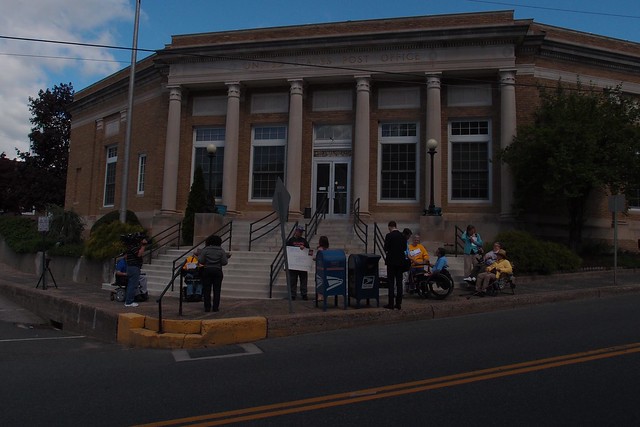Celebrate May Day May 1 with International Workers’ Day Rally and General Strike
Call for General Strike on May 1!
For full video coverage of the May Day festivities, visit http://www.thestruggle.org/Mayday%202017%20in%20New%20Haven.htm.
The rally begins with speakers and performers on the New Haven Green from noon to 5 p.m. on Monday, May 1, and will be followed by a Solidarity March starting at 5 p.m.
New Haven joins a call for a nationwide strike to demonstrate our economic power by not going to work, not going to school and stopping business as usual. We aim to highlight the economic power of workers: immigrants, women, Muslims, LGBTQ folks, Native Americans and African Americans and every other marginalized group that is currently under attack by the Trump administration.
We are asking you to join us and show solidarity: close your business on May 1; don’t go to work; don’t go to school.
Join the rally on the New Haven Green from 12 to 5 p.m. Speakers, live music, children’s activities, and a May pole! Join local justice, peace, equality, and labor groups as well as social service organizations, educators, students, healthcare workers, artists and ALL people on the Green.
Join the international workers’ march from the Green through Fair Haven at 5 p.m.
Funded in part by a grant from RESIST, Somerville, MA; web: http://resist.org; phone: (617) 623-5110.

